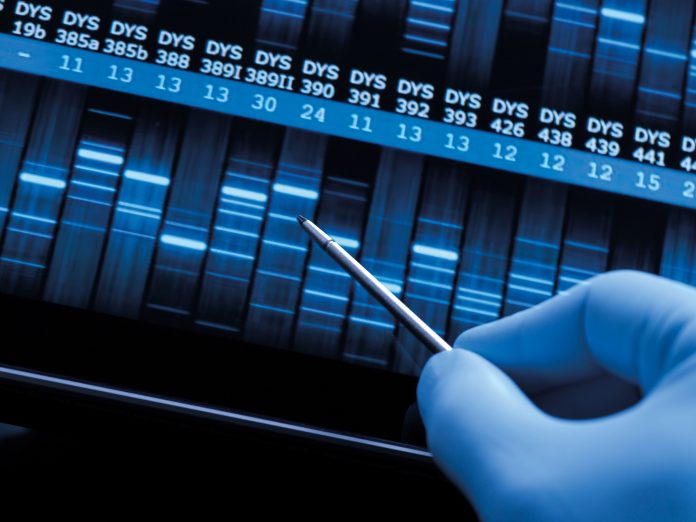
The first gene therapy for hemophilia A has finally reached the U.S. This week the FDA approved BioMarin’s Roctavian (valoctocogene roxaparvovec), an adeno-associated virus (AAV) vector-based gene therapy for the treatment of adults with severe hemophilia. The treatment reduced means annualized bleeding rate from 5.4 bleeds per year at baseline to 2.6 bleeds per year. It was approved in Europe in August 2022, but faced challenges in the U.S.
Roctavian is prescribed after use of the AAV5 DetectCDx, an FDA-approved companion diagnostic test from ARUP laboratories that detects pre-existing anti-AAV5 antibodies, which may impact the therapy’s effectiveness. ARUP says this test is the “first-ever companion diagnostic immunoassay for a gene therapy.”
A one-time gene therapy product administered as a single dose by intravenous infusion, Roctavian consists of a viral vector carrying a gene for clotting Factor VIII. The gene is expressed in the liver to increase blood levels of FVIII and reduce the risk of uncontrolled bleeding.
“Hereditary hemophilia A is a potentially serious bleeding disorder. Severe cases of hemophilia A can cause life-threatening health issues due to increased risk of uncontrolled bleeding,” said Peter Marks, MD, PhD, director of the FDA’s Center for Biologics Evaluation and Research.
“Today’s approval represents an important advance in providing treatment options for patients with this bleeding disorder, and treatment with gene therapy may reduce the need for ongoing routine therapy,” he added.
Hemophilia A is a rare genetic disorder that occurs due to a mutation on the gene which produces factor VIII (FVIII), a protein that enables blood to clot. The disorder primarily affects males. Deficiency in FVIII causes uncontrolled bleeding.
The frequency and severity of bleeding episodes depends on how much FVIII protein a person produces. Severe hemophilia A is characterized by especially low levels of FVIII (less than 1% in the blood) and represents about 60% of all cases. Severe hemophilia A may result in bleeding into vital body organs such as the kidneys and brain, which can be life-threatening.
Treatment for severe hemophilia A usually involves use of FVIII replacement therapy or an antibody-based medication to improve the ability of blood to clot and reduce the likelihood of bleeding.
Roctavian was evaluated in a multinational study in adult men 18 to 70 years of age with severe Hemophilia A who were previously treated with Factor VIII replacement therapy. Effectiveness was established based on results from a cohort of 112 patients followed up for at least three years after treatment. The majority of patients who received Roctavian also received corticosteroids to suppress the immune system for the gene therapy to be effective and safe. Treatment response to Roctavian may decrease over time.
Clinical study data from hemophilia A patients who received Roctavian after being identified as eligible by the AAV5 DetectCDx supported the safety and effectiveness of the test for use as a companion diagnostic to Roctavian.











